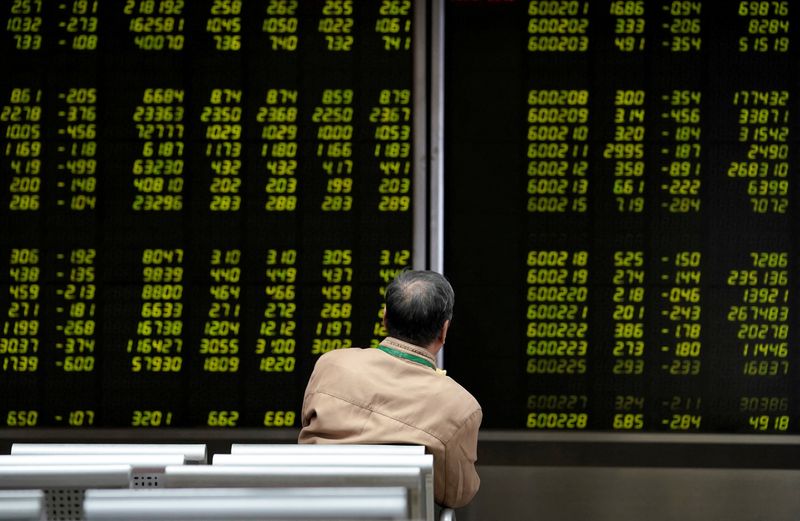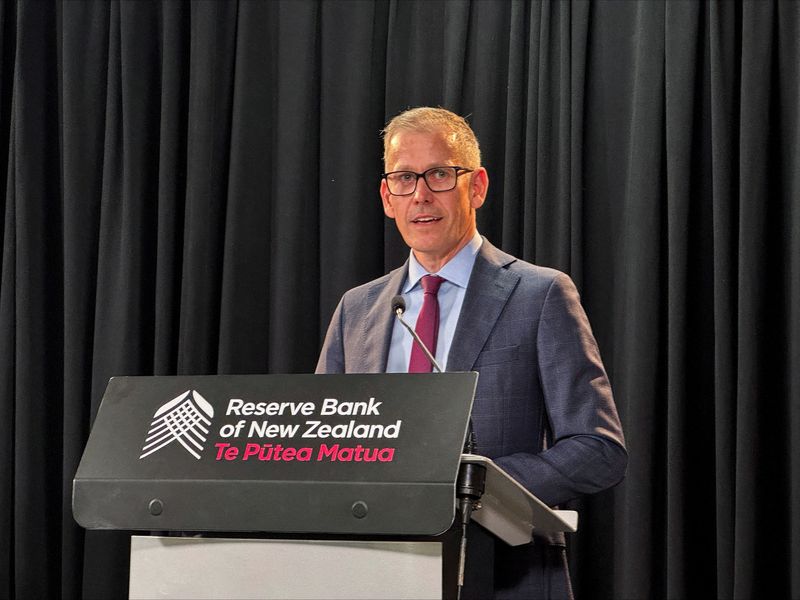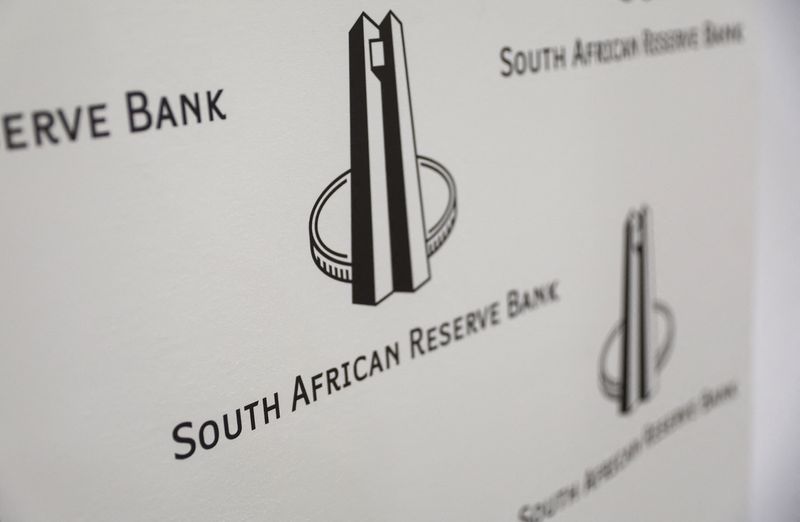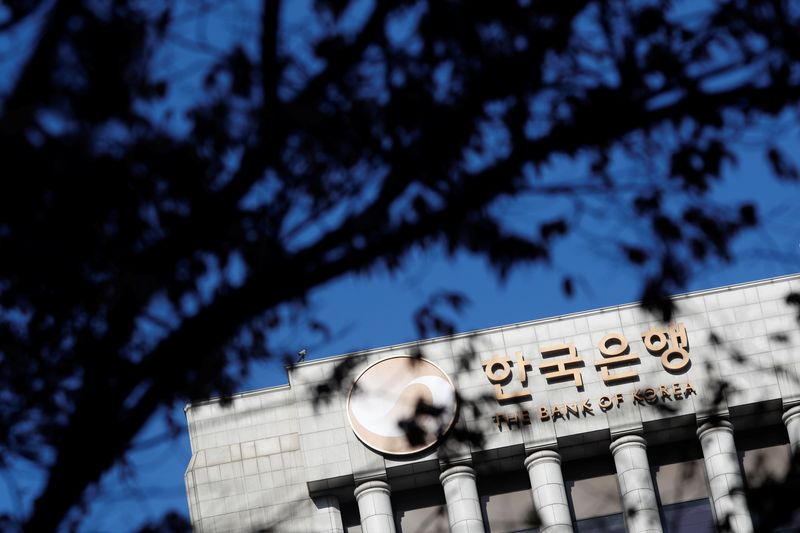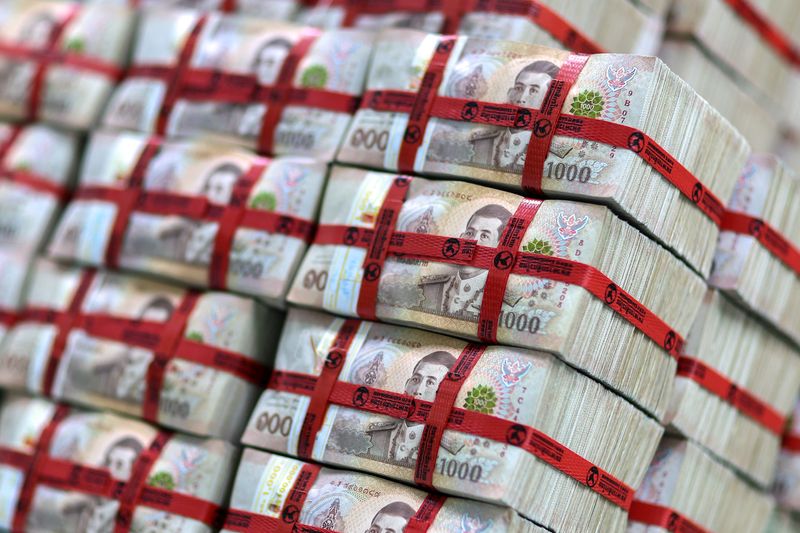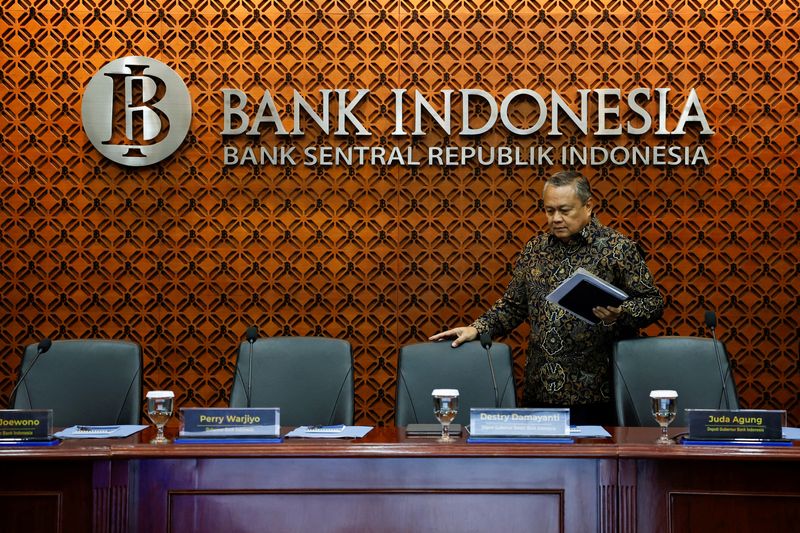Moldova's central bank cuts key interest rate to 6%
PositiveFinancial Markets

Moldova's central bank has made a significant move by cutting its key interest rate to 6%, a decision that is expected to stimulate economic growth and support borrowers. This reduction reflects the bank's confidence in the country's economic recovery and aims to make borrowing more affordable for businesses and consumers alike. Such measures are crucial for fostering a more vibrant economy, especially in the wake of recent challenges.
— Curated by the World Pulse Now AI Editorial System
